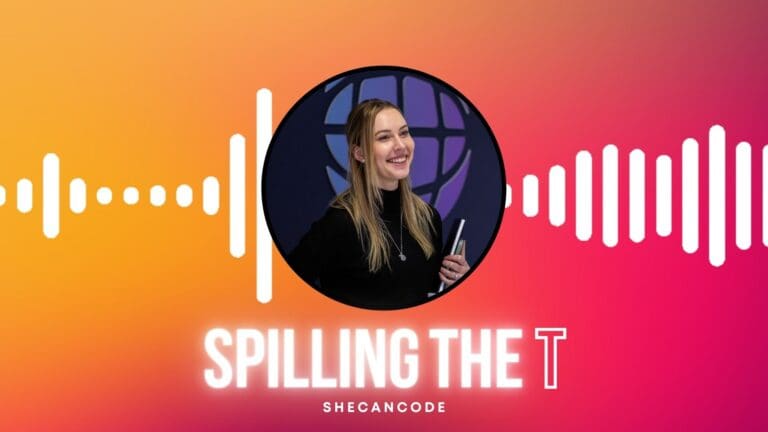Read more about her career journey.
What attracted you to working at Zebra?
I was actually first working at Cortexica and then it was acquired by Zebra. Before the acquisition, we were focusing on various vision problems such as surveillance video analysis, shop the look application, and so on. I got to work on various fun projects in Cortexica. Since the acquisition, our team has transitioned to be more organized and planned, and we are working together toward reaching well-defined goals. Explore more about career transitions and successes in Diverse Journeys in Cybersecurity.

What projects have you been working on recently?
I have been working on researching visual representation learning, especially in product images. The aim is – given product images, we would like to find a way to describe the images in numeric vectors which is called feature representations. The good feature representations would be discriminative for visually similar but different products and at the same time, invariant to local changes for the same product images. This research is one of the essential modules to build a product recognition system.
How does the research you conduct, contribute to other areas of the business at Zebra?
I believe Zebra has always been working to give better solutions to customers and revolutionise the industry. Zebra looks at various applications in the retail domain, to help retailers to manage their shop cost-effectively and provide the best shopping experience to end-customers. Our team is developing one of the key pieces to reach this goal.
How hands on with coding are you in your current role? How do you feel about this?
Coding is one of the most important abilities you need to conduct research projects efficiently. I spend half of my time writing codes and debugging codes and I am comfortable with my coding ability. When I code, I try to focus on modulization and readability as often, the research codes are shared between researchers, and the more modularized and the more readable the code, the easier to plug into other research projects.
Tell us about the tech stack you’re currently using!
My main coding language is python on ubuntu and most of the time, I work with tensorflow, pytorch, sklearn, numpy and vision related python packages like opencv. I also try to have a go on any new python packages which have the potential to help my research.
Do you collaborate with other teams in the business? If so, how?
I frequently collaborate with other teams that take ownership of zebra products. As our team has expertise in Computer Vision/Machine Learning, business unit teams and our team work closely together. Often, we work in different time zones, so it is essential to communicate effectively. We schedule a regular meeting and share the agenda beforehand so that both sides can prepare the relevant data or slides. We discuss plans, progress, results, and any other concerns related to the project in this meeting.
How do you foresee your role at Zebra developing?
I think I will grow into a role which manages projects from a technical point of view. I managed a small project which involved three researchers last year and I am handling a bigger project this year with a lot more people in it.
What’s been your career highlight to date?
I don’t actually think my highlight has come yet but I do sense that I am going in the right direction. However, if I must choose, I would choose the moment that I decided to change my career path. I have always been working in software development, but I spent the first four years of my career as an embedded software engineer. I was working in a big company and everything was stable and comfortable, but I wanted to work on something new and exciting, so I went back to university and changed my career path to become a Computer Vision Researcher. And that was one of the best decisions I ever made.
What do you enjoy most about working at Zebra?
There are many things that Zebra excels at but I can point out two which I enjoy the most! First, Zebra has a lot of experts and talented people in many fields. I learn new things every day while working on my role and through knowledge-sharing workshops. Secondly, Zebra has an excellent working culture. There is trust in people, and I have never felt a sense of hierarchy blocking open discussion.








